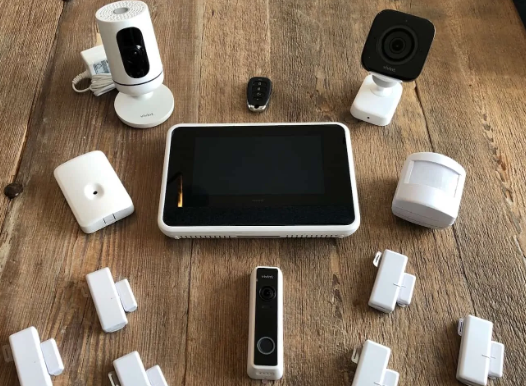Understanding the importance of effective communication skills can significantly impact both personal and professional relationships. Strong communication enhances collaboration, reduces misunderstandings, and fosters a positive environment. This topic is especially relevant in today’s fast-paced world, where the ability to convey ideas clearly can lead to better outcomes.
The Importance of Active Listening
Active listening is a crucial component of effective communication. It involves fully focusing on the speaker, understanding their message, and responding thoughtfully. By practicing active listening, you show respect and validate the speaker’s feelings, which can strengthen relationships. This skill not only helps in personal interactions but also enhances teamwork and problem-solving in professional settings.
Non-Verbal Communication Counts
Non-verbal cues often speak louder than words. Body language, facial expressions, and eye contact convey emotions and intentions, sometimes more effectively than spoken words. Being aware of your own non-verbal signals and interpreting those of others can help you navigate conversations better. This awareness fosters trust and clarity, making it easier to connect with others.
Tailoring Your Message
Every audience is different, and tailoring your message to suit them is vital. Consider your audience’s background, interests, and level of understanding when communicating. By adapting your language and approach, you ensure your message is not only heard but also understood. This practice can lead to more meaningful conversations and successful interactions.
In conclusion, improving your communication skills can lead to richer relationships and greater success in various aspects of life. Take the time to practice active listening, be mindful of non-verbal cues, and adjust your messages for different audiences. Start today by implementing these tips, and watch how they transform your interactions!

